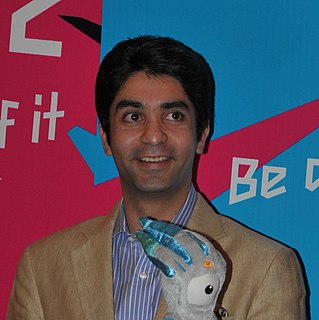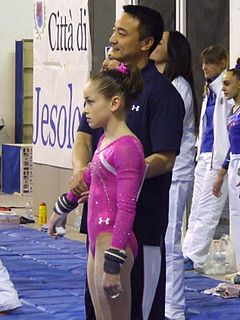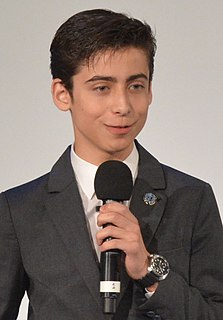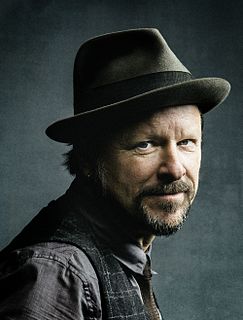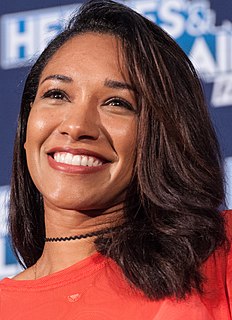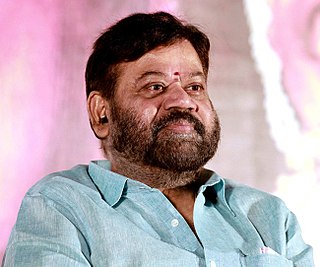A Quote by Abhinav Bindra
One must understand that shooting is a very individual sport and see what sort of coaching possibilities exist in the country and what their standards are. One of the issues that has been faced earlier by shooting athletes is that we have one odd national coach for whom it's impossible to give that sort of attention to say, a group of 30.
Related Quotes
I've been coaching the sport for a number of years. And I went through many athletes. Some athletes stay with your program for a long, long period of time. Some athletes, they have a different approach as far as coaching style or your philosophies. I totally respect their own opinions - they have the right to choose their own coach.
I was at a Madonna show many, many years ago and I was in the sweet spot and she came out and I mean it was the best part of the show. And I was shooting, shooting, shooting, shooting. And I'm like, "God, I must have shot a hundred pictures have I not run out of film?" And I opened the back of my camera and there was no film in there. So that happened to me only once.
Movies are details. Movies are billions of details that come into a certain moment. So with all the years and months and weeks and days and minutes of preparation, then finally you're shooting and it all comes down to these moments when you're shooting, which is sort of insane when you think about it. The details make a difference.
I learn my lines in a few different ways. A lot of my dialogue sticks with me in a general sort of way when I read the entire script for the first or second time. Then, when I get the shooting schedule, I have a better idea of what scenes are shooting when. I then will focus on those that are coming up first.
